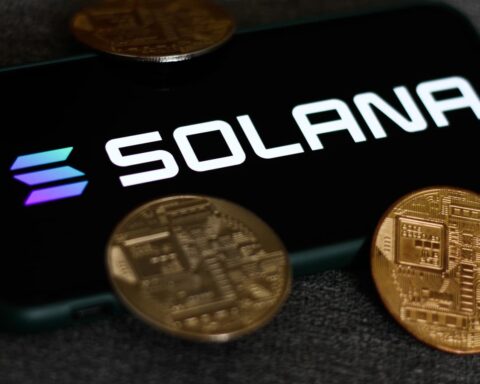A substantial loss struck the cryptocurrency community when an unknown trader mistakenly sent $68 million worth of Wrapped Bitcoin (WBTC) to a scammer’s address in an address-poisoning scam. The loss was disclosed by the on-chain security firm Cyvers, which detailed the incident in a post dated May 3:
“Are we mistaken, or has someone truly lost $68 million worth of $WBTC? Our system has detected another address falling victim to address poisoning, losing 1,155 $WBTC.”
The affected wallet, known as “0x1E,” reportedly lost over 97% of its assets, which were valued at more than $67.8 million, according to analytics provided by CoinStats.
Address poisoning, also referred to as address spoofing, is a type of scam targeting the oversight and rush common among traders during transactions. Scammers deceive traders into sending cryptocurrency to similar-looking but fraudulent addresses.
The crypto industry continues to grapple with trust issues due to frequent scams.
For instance, in a separate incident related to the ZKasino gambling platform, investors were defrauded out of at least $33 million.
Dutch authorities managed to apprehend a suspect associated with this scam on April 29.
Despite the distressing news from ZKasino, April reported a relatively low total of $25.7 million lost to cryptocurrency scams and hacks—the lowest since 2021.
This figure comes from CertiK, an on-chain intelligence firm that began monitoring these incidents that year.
According to their analysis, losses were down by 141% from the previous month, primarily due to a decrease in private key compromises.
Notably, April saw only three such incidents, while March recorded more than 11.
However, CertiK’s recent report does not account for the $33 million lost in the ZKasino scam.
Although the report acknowledges ongoing controversy surrounding ZKasino, it stops short of labeling it a scam.
This stance may change, as indicated by a shift on April 22 when ZKasino moved all 10,515 Ether collected from investors to the Lido staking protocol, raising alarm among stakeholders.
CertiK has indicated that it will revise its findings should ZKasino be officially classified as a fraudulent enterprise.
To submit a crypto press release (PR), send an email to sales@cryptointelligence.co.uk.




